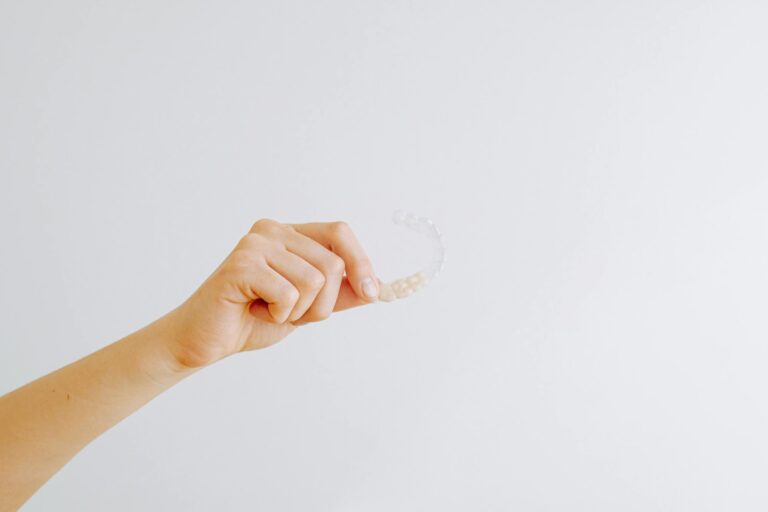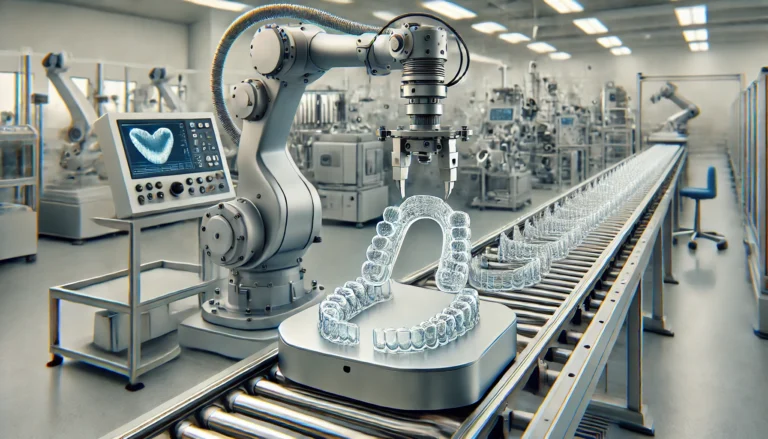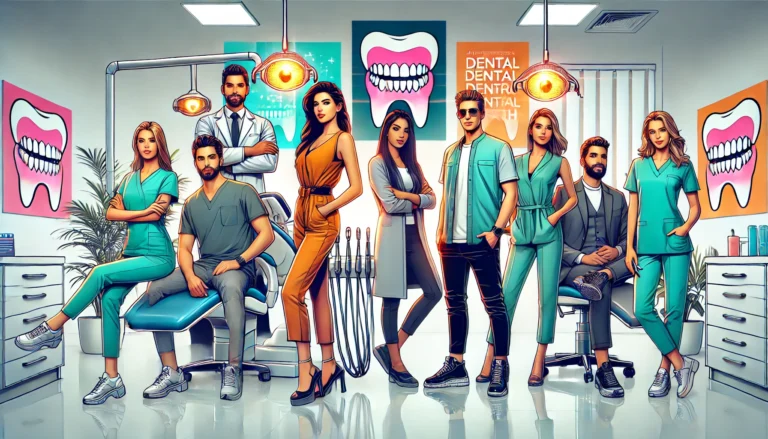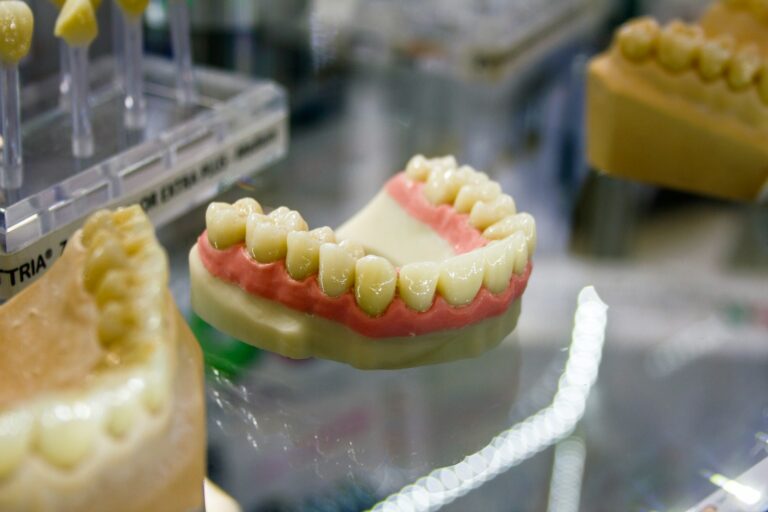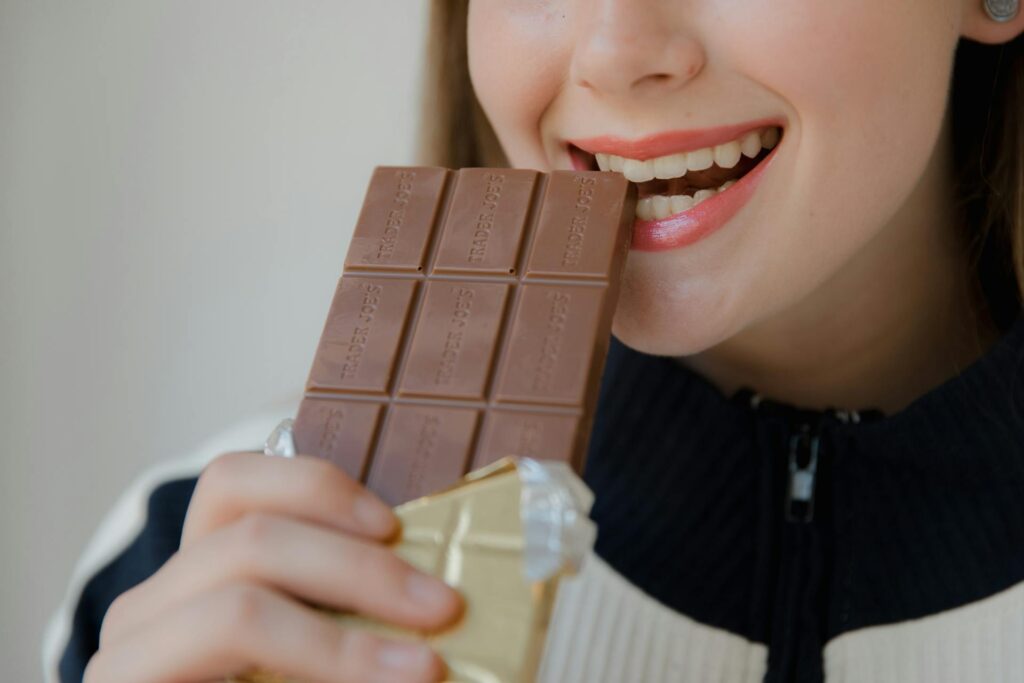
Invisalign treatment provides a discreet and effective method for straightening teeth, but it is essential to recognize the significant impact of your diet on the treatment’s success. Understanding the foods to avoid during Invisalign treatment, such as hard, sticky, and sugary items, is crucial to prevent jeopardising both your treatment and oral health.
This guide will delve into nutritious options that you can enjoy while also discussing how your dietary choices influence both treatment duration and overall well-being. Furthermore, we will offer practical tips for maintaining a healthy eating plan during your journey toward achieving a beautiful smile.
What is Invisalign Treatment?
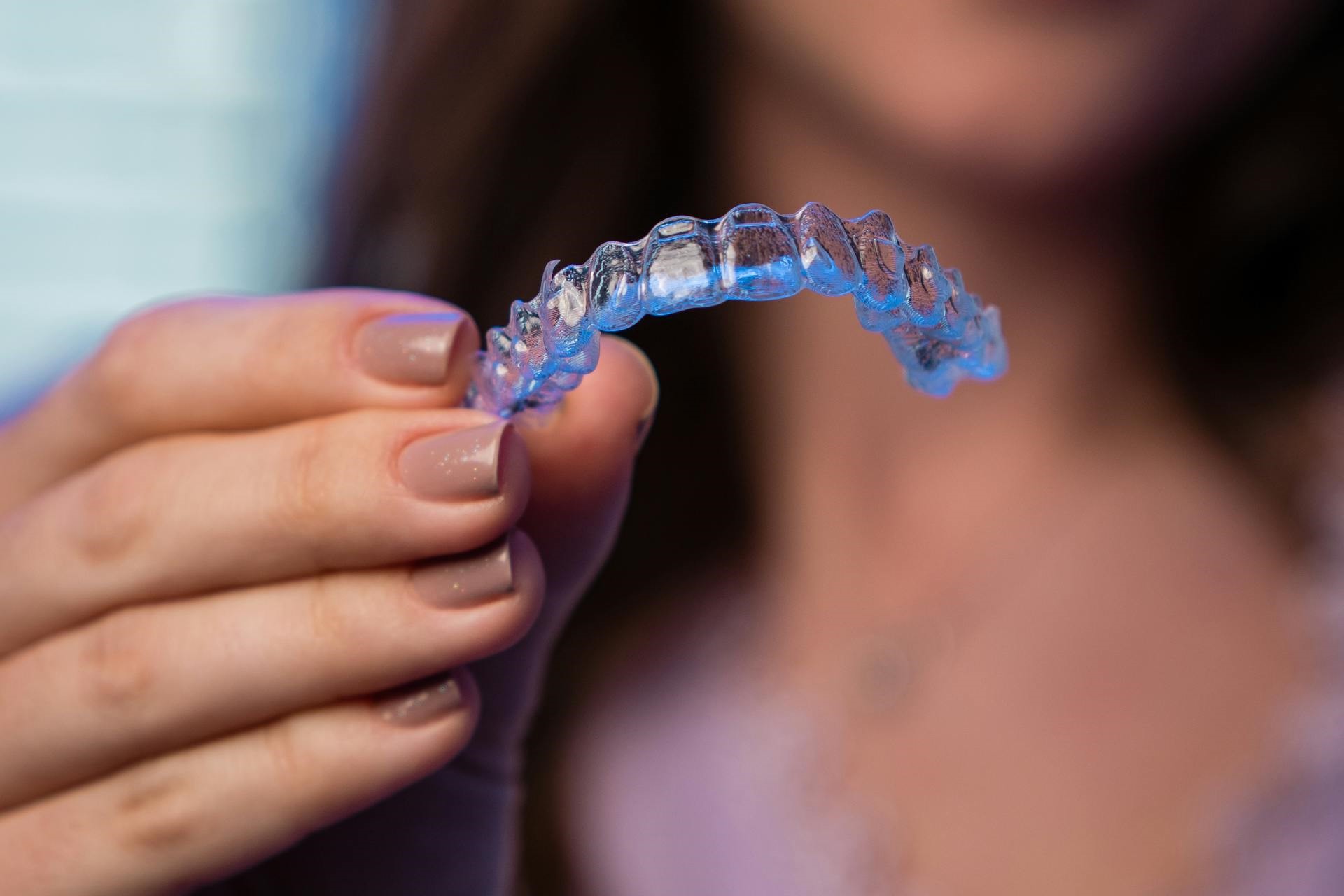
Invisalign treatment represents a contemporary orthodontic solution aimed at straightening teeth without the use of traditional metal braces. This has made it a preferred option for individuals looking for a discreet way to enhance their smile.
The treatment involves a series of custom-made clear aligners that gradually move the teeth into the correct position, providing a more comfortable experience throughout the process. While the cost of Invisalign in the UK can be higher than traditional braces, many patients consider the benefits of aesthetics, comfort, and convenience to be well worth the investment.
Orthodontists develop a personalised plan that caters to each patient’s specific dental needs, ensuring effective alignment while placing a strong emphasis on patient comfort and care.
What Foods Should Be Avoided During Invisalign Treatment?
During Invisalign treatment, it is essential to be mindful of your diet, as certain foods can impede the progress of teeth alignment and potentially compromise your dental health.
Adhering to dietary restrictions not only helps prevent oral discomfort but also ensures the effectiveness of your clear aligners. It is advisable to avoid:
- Hard and crunchy foods
- Sticky and chewy sweets
- Sugary options
- Acidic drinks
as these can contribute to cavities and gum disease. Consequently, maintaining proper oral hygiene becomes even more important during this period.
1. Hard and Crunchy Foods
Hard and crunchy foods present a considerable risk during Invisalign treatment, as they can damage the clear aligners and disrupt the alignment process of your teeth. Items such as nuts, popcorn, crusty bread, and hard sweets can exert unnecessary pressure on your aligners, potentially resulting in fractures or misalignments.
Moreover, consuming these types of foods can lead to discomfort and make it challenging to maintain optimal dental hygiene, complicating the task of keeping both your teeth and aligners clean. The impact of these crunchy choices on dental health can be quite detrimental, as they may contribute to plaque build-up and increase the risk of cavities.
Instead, it would be wise to incorporate softer alternatives, such as yoghurt, smoothies, or soft fruits. These options not only protect your aligners but also support your overall dental hygiene throughout your Invisalign journey.
Embracing these gentler food choices will help ensure the effectiveness of your treatment and promote healthier teeth.
2. Sticky and Chewy Foods
Sticky and chewy foods, such as chewing gum, caramel, and certain sweets, can pose significant challenges during Invisalign treatment. These foods tend to cling to both the aligners and the teeth, which increases the risk of cavities and can lead to poor oral hygiene. This adherence makes it difficult to keep the aligners clean and to promote good dental health.
Such foods not only heighten the potential for plaque buildup but also complicate daily oral care, creating an environment that is conducive to decay. For individuals undergoing orthodontic treatment, it’s essential to choose braces-friendly snacks like:
- yoghurt
- soft fruits
- vegetable sticks
which are gentler on the teeth and easier to eat.
Maintaining a diligent cleaning routine for the aligners is vital to prevent the accumulation of bacteria and to ensure that the aligners remain clear and effective. By incorporating sound oral hygiene practices, individuals can support their Invisalign process while significantly reducing the risk of cavities and maintaining overall dental health.
3. Sugary Foods and Drinks
Sugary foods and beverages, such as fizzy drinks and sweets, can significantly affect dental health during Invisalign treatment, as they contribute to tooth decay and cavities. The high sugar content creates an environment that fosters harmful bacteria, which can compromise the effectiveness of orthodontic treatment.
These bacteria feed on sugars, leading to plaque formation that not only increases the risk of gum disease but also makes it more challenging to maintain proper oral hygiene while using aligners.
To mitigate these risks, it is crucial to select alternatives that offer a sweet taste without the negative impact on teeth. Choosing fruits like berries or citrus can naturally satisfy your cravings, whilst sugar-free gum or mints can help keep your mouth fresh without promoting decay.
By making conscious dietary choices, individuals can significantly improve their oral health, ensuring that their investment in aligners results in a beautiful, healthy smile.
4. Acidic Foods and Drinks
Acidic foods and beverages, such as citrus fruits, vinegar, and pickles, can erode enamel and lead to oral discomfort during Invisalign treatment. Consuming these items may not only impact the appearance of your teeth but also complicate treatment compliance by causing discomfort with the aligners.
Moreover, the potential for increased tooth sensitivity and a higher risk of decay underscores the importance of being mindful of dietary choices for those undergoing orthodontic adjustments. A carefully planned menu that limits acidic intake helps protect enamel health and supports overall dental hygiene, ensuring that teeth remain strong throughout the treatment process.
Incorporating more neutral or alkaline foods can facilitate smoother aligner wear and enhance treatment progress. Thus, adhering to dietary recommendations and being proactive about oral care can significantly improve outcomes, leading to a healthier smile once treatment is complete.
What Foods Can Be Eaten During Invisalign Treatment?
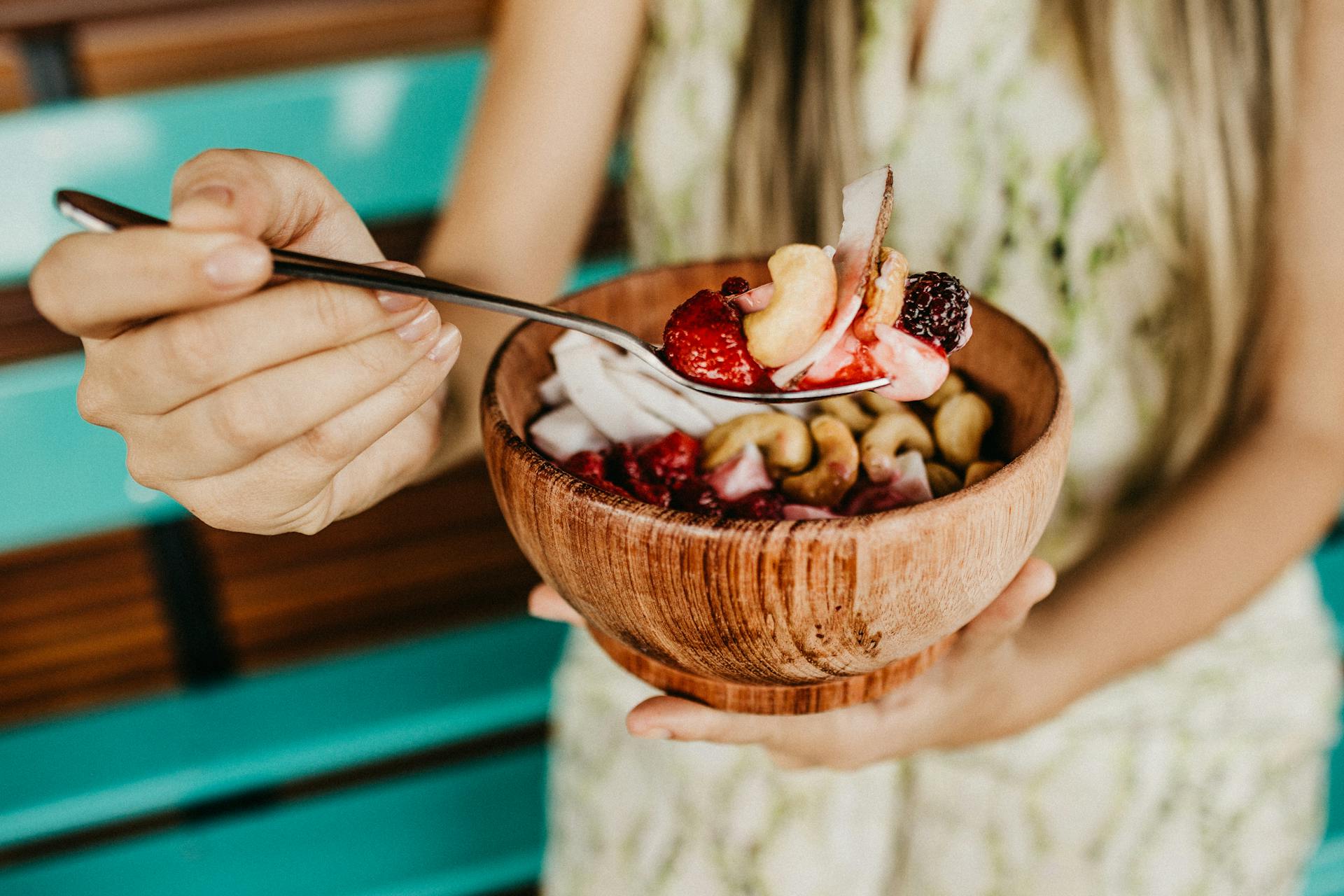
During Invisalign treatment, there are many delicious and nutritious foods you can enjoy without jeopardising your progress.
Choosing softer food options can enhance your dining experience while keeping your dietary choices aligned with your treatment goals.
Including a variety of soft foods, such as:
- puréed vegetables
- smoothies
- yoghurt
- mashed potatoes
can offer essential nutrients while ensuring your comfort throughout the process.
1. Soft Foods
Soft foods are an excellent choice during Invisalign treatment, as they are easy to chew and tend to cause less discomfort while wearing the aligners. Options such as yoghurt, mashed potatoes, and tender fruits not only provide essential nutrients but are also gentle on the teeth.
Additionally, smoothies are a wonderful choice, as they can be loaded with vitamins and minerals. Porridge is another warm and comforting option that is easy to prepare. Steamed vegetables, such as carrots and courgettes, offer a delightful softness while retaining their flavourful profiles, enhancing meals without causing any oral discomfort.
For protein, scrambled eggs and soft cheeses are versatile ingredients that can be incorporated into various dishes.
These meal options cater to specific dietary needs during orthodontic treatment and simplify meal preparation, making it easy to maintain a balanced diet even amidst the changes brought by clear aligners.
2. Nutritious Foods
Incorporating nutritious foods into your diet during Invisalign treatment is crucial for maintaining overall health and supporting dental wellness. Foods that are rich in protein, vitamins, and minerals—such as lean meats, soft fruits, and cooked vegetables—can significantly contribute to strengthening teeth and gums.
When navigating the dietary restrictions associated with orthodontic treatments, it is essential to choose foods that not only meet your nutritional needs but also align with your specific treatment goals.
For example, dairy products like yoghurt and cheese provide calcium, which is vital for maintaining a robust bone structure. Whole grains are another excellent choice, as they offer necessary energy while aiding digestion, which can be particularly beneficial during this period.
Additionally, staying well-hydrated by drinking plenty of water plays a critical role in oral health. It helps wash away food particles and supports saliva production.
By prioritising these dietary choices, individuals can actively create an environment that promotes effective treatment and enhances overall dental hygiene.
3. Foods That Promote Saliva Production
Foods that encourage saliva production, such as crunchy vegetables and sugar-free chewing gum, play a significant role during Invisalign treatment by helping to maintain oral health and keep the mouth hydrated. An increase in saliva can effectively neutralise acids and wash away food particles, which is advantageous for teeth alignment.
In fact, a diet rich in fibrous fruits and vegetables, like apples and carrots, not only stimulates the salivary glands but also promotes a healthier oral environment. Saliva is crucial for the remineralisation of enamel and serves as a natural defence against harmful bacteria, thereby reducing the risk of cavities.
Staying well-hydrated is equally important, as it supports saliva production and ensures that the mouth remains moist, which is vital for optimal dental function. Together, these dietary choices can significantly enhance overall dental health, complementing the benefits of orthodontic treatments.
How Can Diet Affect Invisalign Treatment?
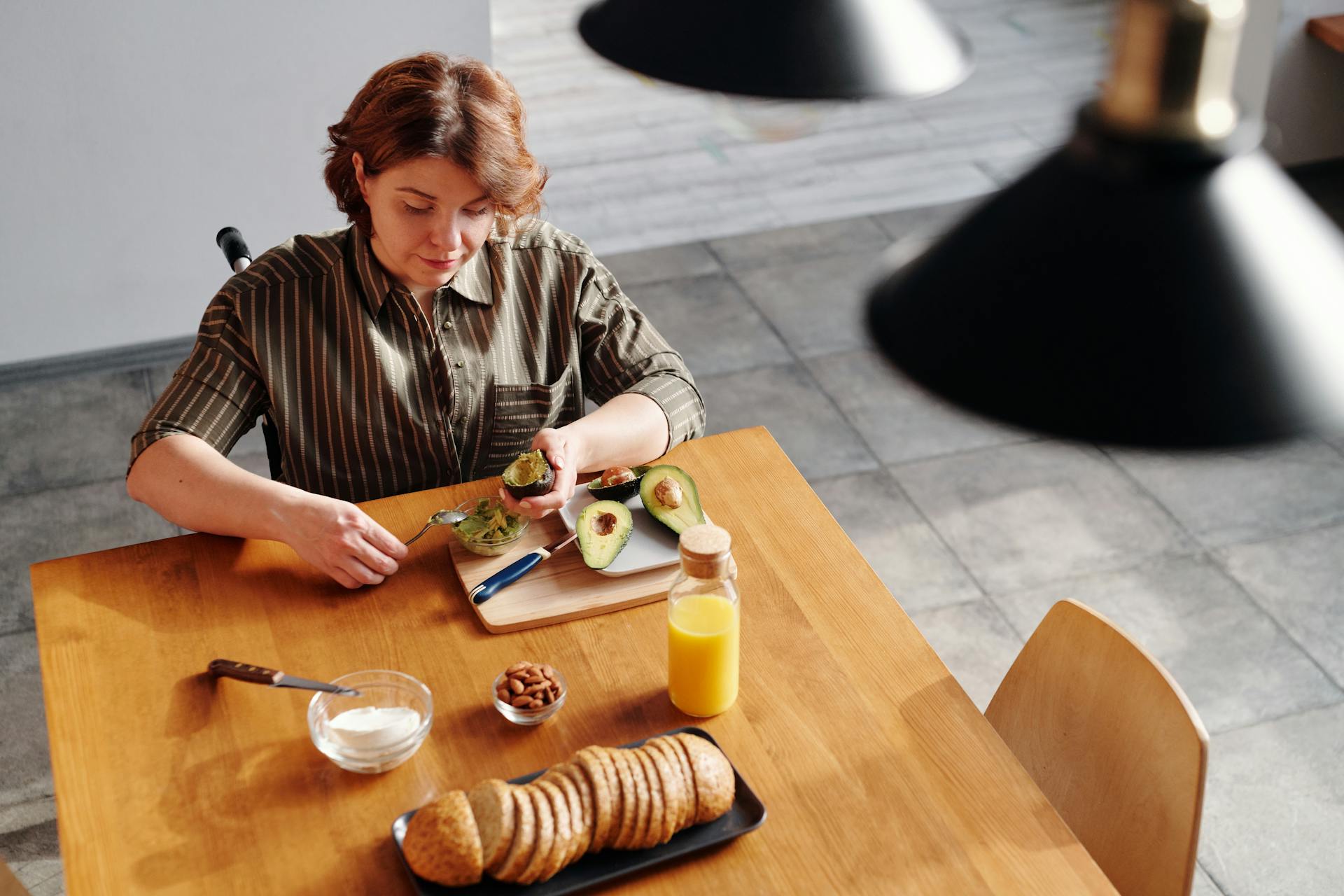
The choices you make regarding your diet can greatly influence both the outcome and duration of your Invisalign treatment. Food selections are essential for maintaining oral health and ensuring the integrity of your aligners.
A balanced diet not only supports your dental hygiene but also enhances the overall effectiveness of your orthodontic treatment. Additionally, factors such as meal timing and food texture can affect your ability to adhere to the treatment plan, thereby influencing how long your treatment will take.
1. Impact on Treatment Time
The foods individuals choose to consume can influence the duration of their Invisalign treatment. Certain dietary choices may lead to oral health issues or hinder compliance with the treatment, potentially prolonging the time required to achieve the desired results. By adhering to the recommended diet, one can facilitate a smoother journey towards that perfect smile.
It is essential to follow specific dietary guidelines, as sugary snacks and acidic drinks can contribute to cavities and gum disease, which jeopardise overall oral health. During treatment, it is important to remove aligners before eating, as this practice promotes better hygiene and reduces the risk of damage.
Consistent compliance is crucial; neglecting to wear aligners for the recommended 20 to 22 hours a day can significantly extend the treatment duration.
Therefore, adopting mindful eating habits alongside regular dental hygiene practices not only enhances the effectiveness of the treatment but also improves the chances of attaining a perfect smile in a timely manner.
2. Impact on Teeth and Aligners
The health of your teeth and the integrity of your aligners can be significantly affected by your dietary choices. Consuming foods with improper textures can potentially damage the aligners or lead to complications such as cavities. Therefore, it is essential to maintain proper dental hygiene while adhering to dietary recommendations to ensure your treatment remains effective.
Soft foods are generally less abrasive and serve as safer options for individuals wearing aligners, while hard or sticky foods can pose risks, damaging the aligners and increasing the chances of plaque build-up.
Regular brushing and flossing become even more crucial when enjoying different food textures, as these practices help keep your teeth clean and prevent issues like erosion, decay, and discomfort.
Being mindful of these factors not only supports overall oral health but also enhances the aligner treatment process, ensuring that your journey to a beautiful smile progresses smoothly and effectively.
3. Impact on Overall Health
Your overall health can indeed be influenced by your nutrition during Invisalign treatment, as a balanced diet plays a vital role in maintaining strong teeth and gums, which supports your orthodontic journey. By making thoughtful adjustments to your diet, you can not only enhance your dental health but also improve your general well-being.
Incorporating nutrient-rich foods—such as fruits, vegetables, whole grains, and lean proteins—can be instrumental in this process. These food choices assist in healing and strengthening your teeth while also reducing the risk of cavities and gum disease.
It is also important to stay hydrated, as water aids in saliva production, which naturally cleanses the mouth and helps protect against decay. Understanding the significance of a well-rounded diet during treatment can enable individuals to make choices that support their orthodontic goals and promote a healthier lifestyle overall.
What Are Some Tips for Maintaining a Healthy Diet During Invisalign Treatment?
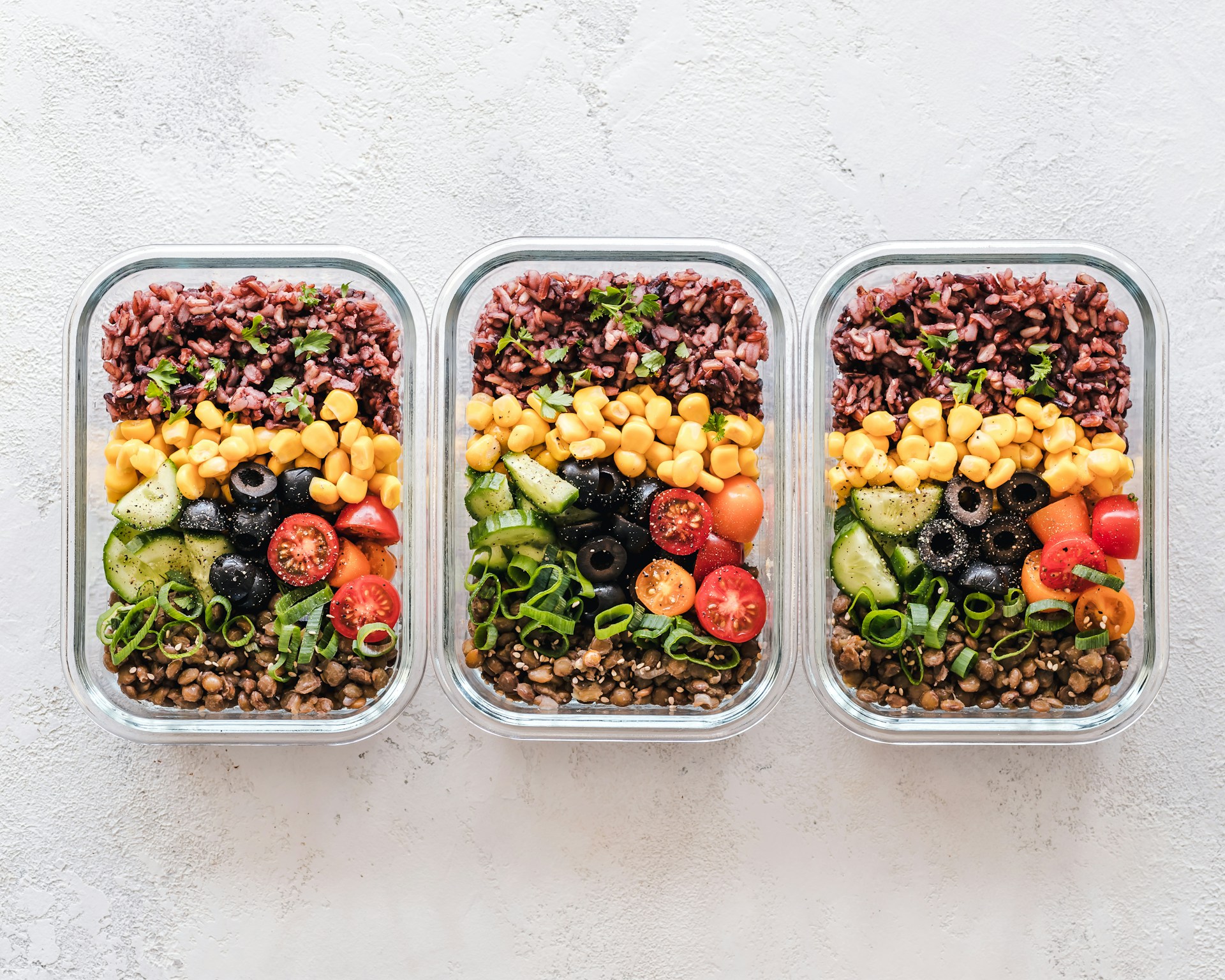
Maintaining a healthy diet during Invisalign treatment is essential for achieving successful outcomes, and there are several practical tips that can help make it easier to follow dietary guidelines.
By planning meals in advance and consulting with your orthodontist, you can develop a balanced eating plan that supports both your treatment and overall health.
Additionally, incorporating strategies to keep healthy snacks readily available and ensuring proper hydration can significantly enhance your ability to adhere to these dietary recommendations.
1. Plan Meals Ahead of Time
Planning meals in advance is an effective strategy for maintaining a healthy diet during Invisalign treatment. This approach allows individuals to make informed food choices that align with their dietary restrictions. By preparing healthy meals ahead of time, one can avoid impulsive eating and ensure that braces-friendly options are readily available.
This method not only contributes to a smoother treatment experience but also helps establish long-term healthy eating habits. By dedicating time to plan each week, individuals can incorporate a variety of nutritious foods that meet their dietary needs, such as:
- Lean proteins
- Whole grains
- An abundance of fruits and vegetables
When creating balanced meals, it’s important to consider portion sizes and avoid overly processed items, as these can negatively impact both oral health and overall well-being. Employing batch cooking and ingredient preparation can save time and reduce the stress associated with last-minute meal decisions.
2. Keep Healthy Snacks on Hand
Having healthy snacks readily available is crucial for supporting your diet during Invisalign treatment. It helps prevent the temptation to reach for unhealthy options when hunger strikes. Choosing braces-friendly snacks such as yoghurt, puréed fruits, and soft vegetables allows you to adhere to your dietary guidelines while still satisfying your cravings.
Incorporating items like applesauce, smoothies, and soft cheeses is beneficial as they are not only nutritious but also easy to prepare and convenient for on-the-go consumption. Convenience is essential for maintaining a balanced diet, particularly when you have a busy schedule or are preoccupied with other tasks.
Selecting snacks that require minimal preparation and do not compromise dental care enables individuals to make healthier dietary choices.
These alternatives are usually available at most supermarkets, making it easier to keep your snack options diverse and enjoyable.
3. Stay Hydrated
Staying hydrated is an essential component of maintaining a healthy diet during Invisalign treatment, as proper hydration supports both oral health and overall well-being. Drinking plenty of water can effectively wash away food particles and bacteria, thereby reducing the risk of cavities and promoting the success of your treatment.
Water not only plays a vital role in keeping the mouth clean, but it also helps maintain the right balance of saliva, which is crucial for digestion and protecting tooth enamel. To enhance hydration in your daily routine, it may be beneficial to carry a reusable water bottle. This can help you track your intake and encourage regular sips throughout the day.
Additionally, incorporating herbal teas, infused waters with fresh fruits, and smoothies can offer hydration along with added health benefits. Always opt for beverages that are low in sugar to further safeguard your oral health, ensuring that every sip contributes positively to both your diet and your progress with Invisalign.
4. Consult with Your Orthodontist
Consulting with your orthodontist is a vital step in maintaining a healthy diet during Invisalign treatment, as they can offer personalised dietary advice tailored to your individual needs. Regular communication with your orthodontist not only keeps you compliant with treatment guidelines but also allows you to address any dietary concerns that may arise.
By fostering an open dialogue, patients can openly discuss their food choices and gain valuable insights that align with their orthodontic journey. This proactive approach not only helps in managing specific dietary restrictions but also emphasises the significance of ongoing support throughout the treatment process.
Additionally, keeping up with regular dental visits can enhance treatment compliance and allow for timely adjustments or interventions. It is important to remember that maintaining a balanced diet is essential, and having the guidance of an experienced professional enables patients to confidently navigate their dietary choices, leading to a smoother and more effective treatment experience.
Frequently Asked Questions
Can I eat any foods I want during Invisalign treatment?
No, there are certain foods that should be avoided during Invisalign treatment. This is important to ensure the aligners are not damaged or dislodged, and to maintain good oral hygiene.
What are foods to avoid during invisalign treatment according to the UK diet guide?
Foods that are sticky, hard, or have the potential to stain your aligners should be avoided. This includes chewy candies, crunchy snacks, and drinks that are high in sugar or have strong colouring.
Why are sticky foods bad for Invisalign treatment?
Sticky foods, such as gum and caramel, can get stuck in your aligners and be difficult to remove. This can cause bacteria to build up, leading to tooth decay and potential damage to the aligners.
Can I drink any type of beverage with my aligners in?
No, you should only drink water with your aligners in. Other beverages, such as coffee, tea, and soda, can stain your aligners and affect their clarity and appearance.
What happens if I accidentally eat a forbidden food with my aligners in?
If you accidentally eat a forbidden food, it is important to remove your aligners and thoroughly clean them and your teeth before putting the aligners back in. This will prevent any potential damage or staining to the aligners.
Are there any long-term effects of not following the UK diet guide for Invisalign treatment?
Yes, not following the UK diet guide during Invisalign treatment can lead to staining or damage to your aligners, which can affect their effectiveness and prolong the treatment process. It can also lead to oral health issues, such as tooth decay and gum disease.
